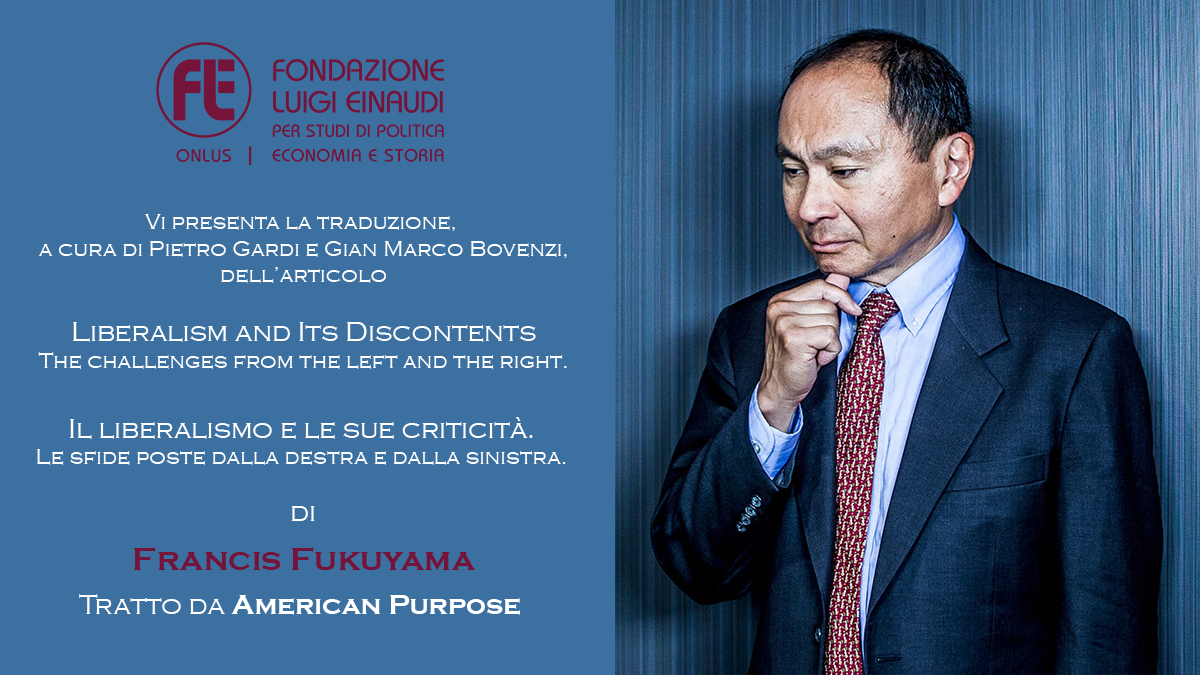
Donald Trump’s giddy admiration for Putin was evident before, during and after his presidency. In “The Age of the Strongman,” authoritarian leaders form a chummy club.

He was not the first do so, of course, but “for right-wing and nationalist politicians,” Rachman writes, “Putin has become something of an icon.” The war in Ukraine may erode that status, although Rachman emphasizes that strongmen capitalize on foreign military adventures to strengthen their influence at home. He depicted Russia as not just a country but a civilization and then enhanced the powers of the state - that is, his own power, and his own permanence in office - in its supposed defense. He assailed Western powers for allegedly stoking revolutionary fervor in the neighborhood. Putin moved to influence, then control, mass media. In the new century, Putin would become “the archetype and the model” for a new generation of authoritarian leaders. “It is all too symbolic,” he writes, that Russian President Vladimir Putin took over the office from Boris Yeltsin on New Year’s Eve in 1999.

Writers too easily rely on new decades and new centuries as inflections in the historical timeline, but in the case of Rachman’s strongman age, it sort of works.


 0 kommentar(er)
0 kommentar(er)
